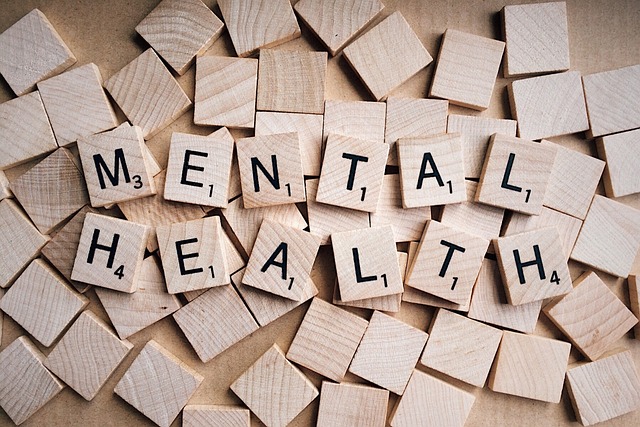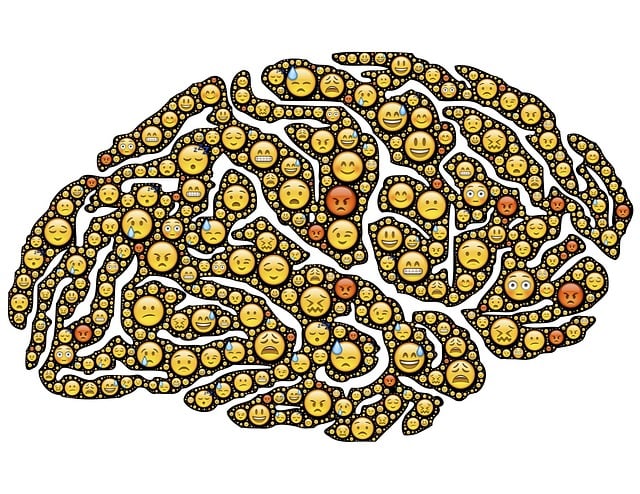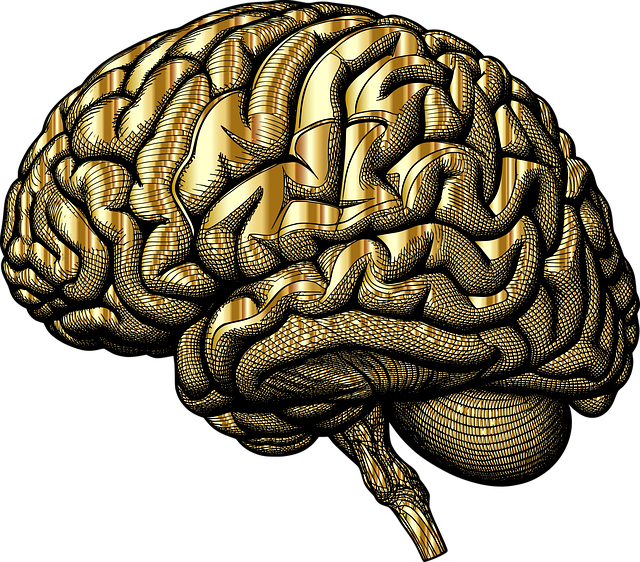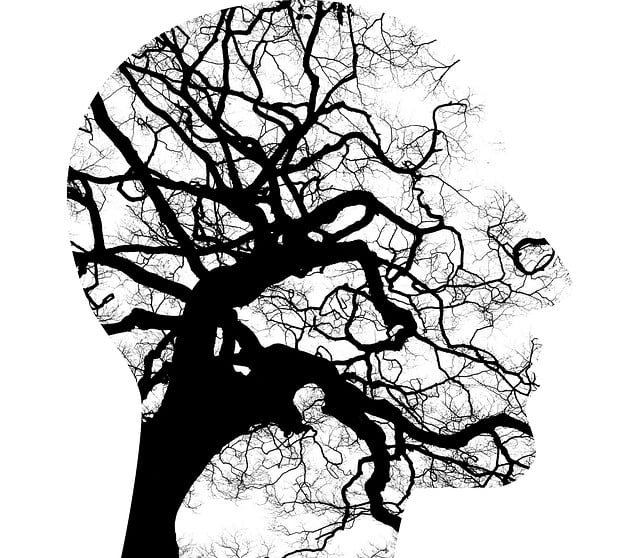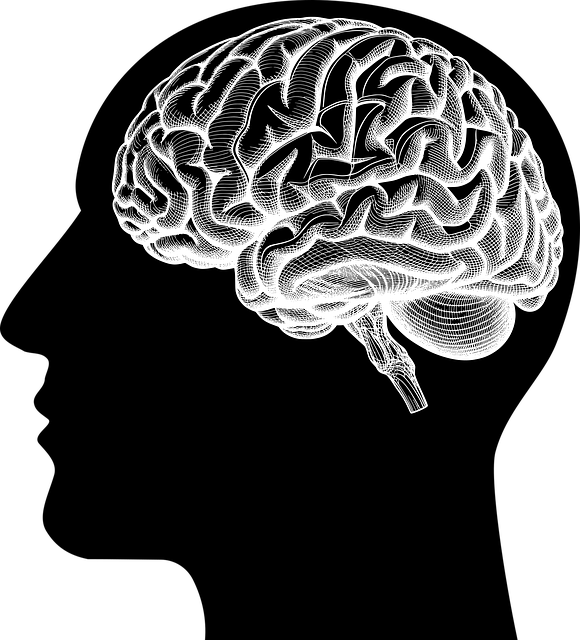Mental health crisis hotlines provide vital support for children experiencing anxiety, emotional turmoil, and potential alcohol abuse, offering immediate assistance and confidential therapy. These services play a crucial role in Mental Health Policy advocacy by highlighting the need for tailored support systems. Specialised therapy for young people struggling with alcohol abuse addresses root causes, preventing long-term mental health disorders and equipping them with coping strategies. Through active listening and validation, therapists create safe spaces, focusing on emotional wellness coaching, building resilience, and promoting positive growth in children's mental health.
Mental health crisis hotline support services are vital lifelines for children in distress, offering immediate assistance and guiding them towards recovery. With alcohol abuse significantly impacting young minds, hotline interventions become crucial. This article delves into the critical role of these hotlines, focusing on understanding their function, the unique challenges of child alcohol abuse, and the essential contribution of therapists in providing effective crisis intervention tailored to children’s needs.
- Understanding Mental Health Crisis Hotlines: A Lifeline for Children in Distress
- Alcohol Abuse and Its Impact on Young Minds: When Hotline Support is Crucial
- The Role of Therapists in Providing Effective Crisis Intervention for Children
Understanding Mental Health Crisis Hotlines: A Lifeline for Children in Distress

Mental health crisis hotline support services are a critical component of the safety net for children in distress. These hotlines offer immediate assistance and a confidential space for young individuals to share their struggles, whether it’s related to anxiety relief, emotional turmoil, or even potential alcohol abuse. Trained professionals on these lines provide not just empathy building strategies but also crucial therapy for children facing mental health crises.
In the face of growing mental health challenges among youth, these hotlines serve as a lifeline, offering immediate intervention and guiding children towards long-term solutions. They play a vital role in Mental Health Policy Analysis and Advocacy by highlighting the need for comprehensive support systems that cater to the unique needs of young people.
Alcohol Abuse and Its Impact on Young Minds: When Hotline Support is Crucial

Alcohol abuse among young people is a growing concern, with devastating consequences for their mental health and well-being. This issue often manifests as a cry for help, especially when individuals struggle to cope with stress and navigate life’s challenges. In such cases, crisis hotline support services play a pivotal role in offering immediate assistance and guiding them towards recovery.
The impact of alcohol on young minds is profound. It can disrupt brain development, affecting decision-making abilities, impulse control, and emotional regulation. When left untreated, it may lead to long-term mental health disorders, including anxiety, depression, and substance abuse. Therapy for children dealing with alcohol abuse requires specialized care that addresses the root causes. Crisis intervention guidance can equip young individuals with coping strategies, enhance their confidence boosting skills, and provide them with a safe space to express their feelings without judgment.
The Role of Therapists in Providing Effective Crisis Intervention for Children

In the face of a mental health crisis, therapists play a pivotal role in providing effective intervention for children. These professionals are equipped with the knowledge and skills to handle acute emotional distress, offering immediate support and guidance tailored to young minds. When a child experiences a crisis related to issues like alcohol abuse, therapists employ diverse strategies to stabilize the situation. This may include crisis counseling techniques, such as active listening and validation, to create a safe space for expression and understanding.
Therapy for children goes beyond immediate crisis intervention; it focuses on long-term mental wellness coaching. By incorporating evidence-based practices, therapists help young individuals develop coping mechanisms, enhance emotional intelligence, and build resilience. Moreover, community outreach program implementations and conflict resolution techniques are integral to the therapist’s toolkit, fostering a supportive environment that addresses underlying issues and promotes positive growth in children’s mental health.
Mental health crisis hotline support services play a pivotal role in addressing issues like alcohol abuse among young minds. By providing immediate assistance, these hotlines serve as a crucial first step towards healing and recovery. Therapists, with their specialized skills, further facilitate effective crisis intervention tailored to children’s unique needs. Understanding the significance of both hotlines and therapy ensures we offer comprehensive support, ultimately fostering healthier, happier futures for our youth.


